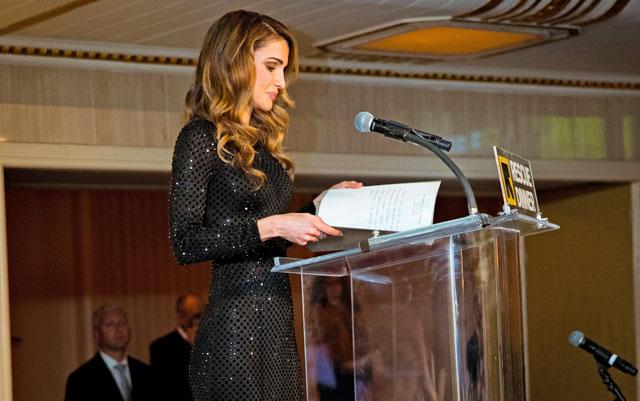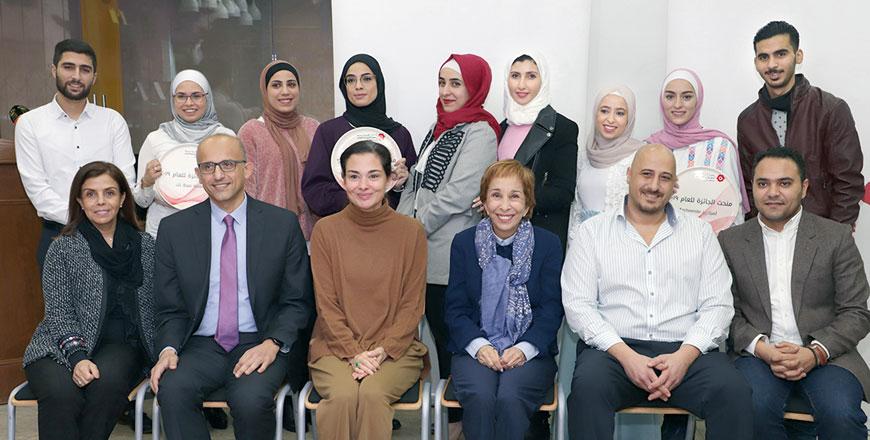You are here
IRC project gives youth opportunity to solve community dilemmas
By Maram Kayed - Apr 02,2019 - Last updated at Apr 02,2019
AMMAN — “Those facing the problem are the most equipped to suggest ways of solving it,” said Aya Bseiso, who works at the International Rescue Committee (IRC).
Recently, the IRC provided Syrian refugees and underprivileged Jordanians from different backgrounds, ages and levels of education with the opportunity to identify and solve the most demanding challenges facing them in their communities.
After focus groups and multiple meetings, the “Lab Mahali” workshops concluded that all the problems presented could be grouped into three main categories: income, access to healthcare and primary education.
Six teams were then chosen and given JD25,000 to deploy the solutions they had suggested over a period of six months.
The Basma team, who tackled the issue of bullying at two-shift schools with Jordanian and Syrian children and teenagers, came up with a project they called “interactive graffiti”.
“We noticed that most fights and clashes happened when one period [shift] was going home as the other was arriving. We needed to do something that would distract them at that moment. Even better, we needed to make them interact and cooperate,” said Najah Omar, a representative from the multinational Basma team.
Omar noted that after speaking with the children, the root of the problem appeared to be a separation based on nationality. “It created the ‘us and them’ psychological state of mind,” she recently told The Jordan Times.
After research, the team said they arrived at the idea of interactive graffiti. They drew a version of the “find the treasure” board game on the school’s outer wall and wrote instructions on a Facebook page that the students were told the visit.
Omar said the clashes “not only decreased, but almost disappeared”. She added: “At one point, we heard three members of the morning period [shift] asking two members of the evening period to join them, as the game needed a team of five.”
The work of Basma and the five other teams were presented at a ceremony on Monday that brought together civil society organisations, investors and other stakeholders to determine if they could apply the projects on a larger scale.
“Many NGOs have already contacted the teams to expand the projects under their organisation,” said Bseiso.
One of those teams was Martha, which adopted the idea of helping children with hearing challenges.
“More than 79 per cent of the 55,000 hearing-impaired kids in Jordan cannot read or write. That is an unfairly high rate,” said Rasha Abu Shakhdan, one of the team’s members.
According to Martha’s field study, 10 schools in the Kingdom provide a curriculum designed for those children, and private classes cost more than JD7 per class on average.
Through an app and flashcards designed by the team, a series of educational videos teach the children both the written alphabet and its sign language equivalents.
“These children should not be deprived of contributing to society because they were born with a challenge,” Abu Shakhdan said.
Related Articles
AMMAN — Her Majesty Queen Rania has urged humanitarian workers to think “in bold and innovative ways” in order to instil new hope and dignit
AMMAN — HRH Princess Basma on Saturday opened the 26th Private Schools Cultural and Educational Council Conference in Amman titled “Encourag
AMMAN — The supervisory committee of the Princess Basma Award for Development and Community Service on Monday announced the winning entrepre



















